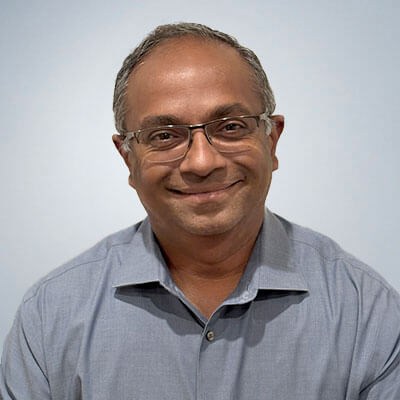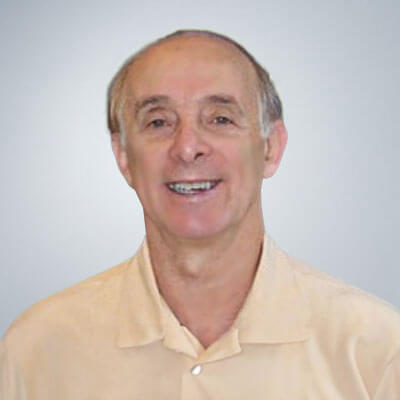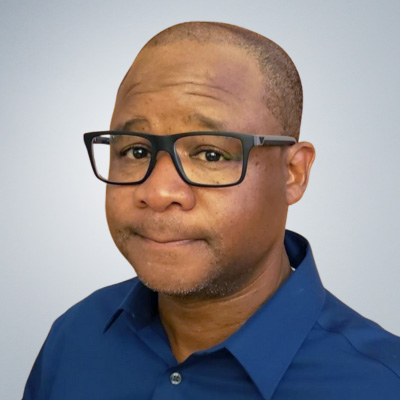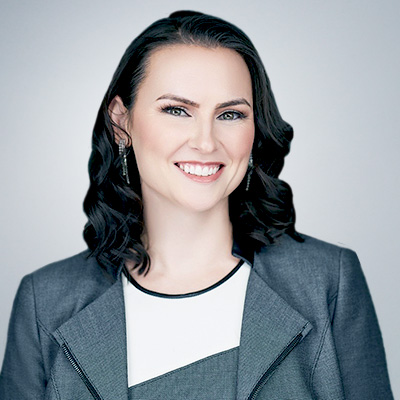Virtual IOP for Anxiety – California
![]() Dr. Andrea Wagner
on
April 14, 2025
Dr. Andrea Wagner
on
April 14, 2025

Real Help, Real Flexibility for Working Adults
If you’re dealing with constant worry, racing thoughts, or a sense of panic that won’t quit — you’re not alone. Millions of Americans struggle with anxiety disorders, and many of them are working long hours trying to hold it all together. At Redeemed Mental Health in Newport Beach, California, we know it’s not always realistic to take time off work to get help. That’s why we offer a Virtual Intensive Outpatient Program (Virtual IOP) for anxiety that fits your schedule — not the other way around.
What Is a Virtual IOP for Anxiety?
A Virtual IOP is a structured, evidence-based treatment program that you can attend online — from home, the job site, or even your parked truck during break. It’s designed to help you manage anxiety symptoms like excessive worry, sleep problems, panic attacks, or irritability without having to check into a facility or step away from your responsibilities.
Our intensive outpatient program is perfect for people dealing with moderate to severe anxiety, as well as those who’ve just left residential treatment and need continued support. It combines individual therapy, group sessions, and medication management — all led by experienced mental health professionals who care.
Why You Can Trust Redeemed Mental Health
If you’re someone who solves problems on the go or supports your family through honest hard work, you don’t want fluff — you want results. At Redeemed Mental Health, our team is clinician-owned and led by Dr. Andrea Wagner, a seasoned psychologist with real-world experience across professional, military, correctional, and hospital settings. We’re not here to talk in circles — we’re here to help you get better.
We use proven strategies like CBT, backed by research and years of practice. And if you’re dealing with mental health issues beyond anxiety — like depression or trauma — we can address those too, all within the same intensive outpatient program.

Get Your Questions Answered Now
Common Anxiety Disorders We Treat
At Redeemed Mental Health, we treat anxiety disorders like:
Generalized Anxiety Disorder (GAD)
Panic Disorder
Social Anxiety Disorder
Separation Anxiety Disorder
Obsessive-Compulsive Disorder (OCD) and anxiety-related phobias
Whether you’ve been living with anxiety for years or it’s something new, we’ll work with you to build a plan that fits your life and gives you tools that actually help.
Signs You Might Need Support
Not sure if you’re struggling with an anxiety disorder? Some of the most common anxiety symptoms we see include:
Constant, uncontrollable worry
Trouble sleeping or relaxing
Racing thoughts
Muscle tension, headaches, or stomach issues
Panic attacks or feeling like something bad is about to happen
Avoiding situations, people, or places out of fear
Feeling irritable, restless, or like you can’t focus
Always fearing you’re being judged or watched
These symptoms aren’t just “in your head.” They’re signs of real, treatable mental health conditions — and we’re here to help you take control again.
How Our Virtual IOP Works
Once you reach out to Redeemed Mental Health, you’ll meet with a licensed mental health provider for an assessment. From there, we’ll build a custom treatment plan tailored to your needs and lifestyle.
Your virtual intensive outpatient program may include:
Weekly individual therapy sessions with your primary therapist
Each week, you’ll meet one-on-one with your primary therapist, a dedicated mental health professional who gets to know your personal story, your struggles, and your goals. These private sessions give you space to work through difficult thoughts, past experiences, and ongoing worries in a way that’s honest and judgment-free. Your therapist will also track your progress and make adjustments to your treatment plan as needed — because healing isn’t one-size-fits-all.
Group therapy to connect with others and practice real-life skills
Group therapy is a powerful part of our Virtual IOP because it reminds you that you’re not in this alone. In these sessions, you’ll connect with others who are facing similar challenges — whether it’s severe anxiety, panic attacks, or constant stress. With the guidance of a trained facilitator, you’ll build coping skills, learn better communication, and get real-world strategies to help manage daily life. It’s a safe space to be heard and supported, even virtually.
Cognitive Behavioral Therapy (CBT) – the gold standard for treating anxiety disorders
At Redeemed, we emphasize Cognitive Behavioral Therapy (CBT) because research consistently shows it’s the most effective approach to treat anxiety disorders. CBT helps you recognize unhelpful thinking patterns — like assuming the worst or second-guessing yourself — and replace them with more balanced, realistic thoughts. It’s not about pretending everything’s okay — it’s about taking back control from your anxiety and building healthier responses to life’s stressors.
Mindfulness-based stress reduction and relaxation techniques
Anxiety tends to keep the mind racing and the body tense. That’s where Mindfulness-Based Stress Reduction (MBSR) and simple relaxation techniques come in. You’ll learn how to slow your thoughts, calm your body, and stay grounded in the present moment — even when your anxiety tries to pull you into panic. These practices aren’t just “feel-good” fluff — they’re practical tools to help you find calm in the chaos of everyday life.
Medication management, when necessary, to help reduce symptoms
For some people, therapy alone isn’t enough to manage anxiety symptoms — and that’s okay. Our licensed mental health providers can help you explore safe, effective medications when needed, like selective serotonin reuptake inhibitors (SSRIs) or other options. Through medication management, we make sure you’re on the right dose, monitor for side effects, and support you every step of the way. It’s all about finding what works best for your body and brain.
Optional family therapy to improve communication and support at home
When you’re working on your mental health, having the support of your loved ones can make a big difference. That’s why we offer optional family therapy as part of our Virtual IOP. These sessions help you and your family members communicate better, understand anxiety more clearly, and work as a team. Whether it’s a spouse, parent, or sibling, family involvement can help everyone feel more supported and aligned in your healing journey.
Everything is done virtually, through secure online platforms, so you can keep your routine and still get the care you deserve.

Real Relief Starts Here
Anxiety doesn’t have to control your life. You can manage anxiety, take your power back, and start showing up in your life again with confidence. Our virtual IOP is designed to meet you where you’re at — no commute, no missed paychecks, no judgment.
Join the Journey to Healing
Call (888) 276-4435 today to learn more about our Virtual Intensive Outpatient Program for anxiety and start building a future that feels calm, balanced, and back in your hands.
FAQs About Our Virtual IOP for Anxiety
How effective is a Virtual IOP for treating mental health conditions like anxiety?
At Redeemed Mental Health, our Virtual Intensive Outpatient Program (Virtual IOP) is highly effective for treating mental health conditions such as anxiety. We combine evidence-based therapies like Cognitive Behavioral Therapy (CBT) and dialectical behavior therapy with individualized support to help clients reduce symptoms and regain control over their lives — all without needing to step away from work or daily obligations.
Can a Virtual IOP help me manage anxiety disorders from home?
Yes, absolutely. Our Virtual IOP is designed to help individuals manage anxiety disorders from the comfort and privacy of their own home. With flexible scheduling, online access to licensed therapists, and structured support, clients receive the tools and techniques they need to reduce worry, panic, and avoidance — without disrupting their work or family responsibilities.
What types of mental disorders do you treat in your Virtual IOP?
Our Virtual IOP for anxiety also supports individuals with co-occurring mental disorders, including:
Generalized anxiety disorder
Panic disorder
Social anxiety disorder
Other mental health conditions like depression, trauma, or substance use
We understand that mental disorders often overlap, so our treatment plans are customized to address multiple challenges at once, giving clients a comprehensive path to healing.
Does Redeemed Mental Health treat other mental health conditions in addition to anxiety?
Yes. While anxiety is a major focus, we also treat other mental health conditions like depression, PTSD, adult autism, and substance abuse. Our team is trained to recognize and support co-occurring diagnoses, ensuring that every client receives a treatment plan that meets their complete needs.
What is dialectical behavior therapy and how does it help with anxiety?
Dialectical Behavior Therapy (DBT) is a powerful therapeutic approach used in our Virtual IOP to help clients who struggle with intense emotions, self-criticism, or impulsive behaviors. DBT teaches practical skills for emotional regulation, mindfulness, distress tolerance, and healthy communication — all of which are essential for managing anxiety and related mental health conditions.
Is exposure therapy part of the Virtual IOP for anxiety?
Yes, we may integrate exposure therapy into your treatment plan when appropriate. Exposure therapy helps individuals face feared situations gradually and safely, reducing the power anxiety holds over them. It’s especially useful for social anxiety, phobias, or separation anxiety disorder, and is guided by a skilled mental health professional to ensure it’s done in a supportive and effective way.
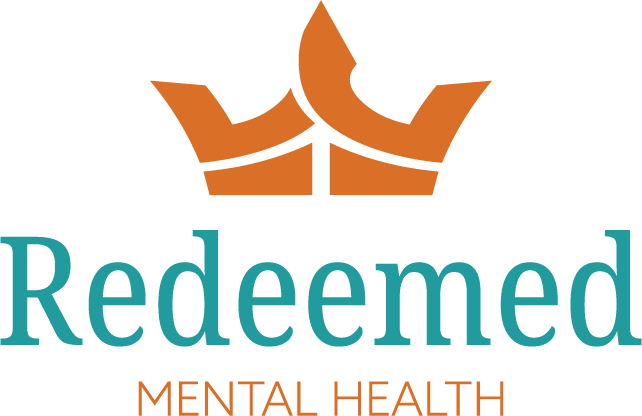


 Treatment for these disorders typically involves a combination of medication and therapy. At Redeemed Mental Health, we offer a range of treatment options, including Individual Therapy, a Partial Hospitalization Program (PHP), and
Treatment for these disorders typically involves a combination of medication and therapy. At Redeemed Mental Health, we offer a range of treatment options, including Individual Therapy, a Partial Hospitalization Program (PHP), and 